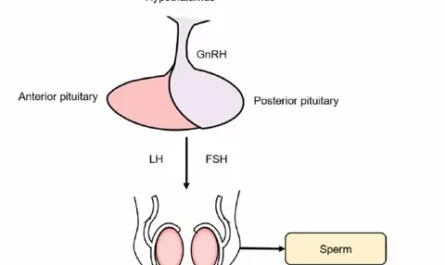A groundbreaking study, which is the first of its kind to examine the entire population of the UK, has revealed significant gaps in COVID-19 vaccine coverage. The study found that between one-third and one-half of the populations of England, Scotland, Northern Ireland, and Wales had not received the recommended number of COVID vaccinations and boosters by the summer of 2022.
Published in The Lancet, the study suggests that better vaccine coverage could have potentially prevented over 7,000 hospitalizations and deaths in the summer of 2022. With the recent rise in COVID-19 cases and the emergence of new variant strains, this research provides crucial insight into vaccine uptake and hesitancy, which could inform policymakers in their decision-making process.
The study, led by Health Data Research UK (HDR UK) and the University of Edinburgh, utilized secure access to anonymized health data for every individual in all four nations of the UK. This advancement in data access has become possible during the ongoing pandemic. The researchers believe that this approach can be extended to other areas of medicine, leading to new discoveries in the understanding and treatment of various diseases.
Professor Sir Aziz Sheikh, Director of the Usher Institute at the University of Edinburgh, HDR UK Research Director, and study co-lead, emphasized the importance of large-scale data studies in pandemic management. He stated that COVID-19 vaccines save lives, and this study will help identify specific groups and areas that require targeted public health campaigns.
The early rollout of COVID-19 vaccines in the UK was initially successful, with over 90% of the population aged 12 and above receiving at least one dose by January 2022. However, the rates of subsequent booster doses across the UK were not fully understood until now.
Scientists from England, Scotland, Northern Ireland, and Wales analyzed securely held and routinely collected NHS data from individuals aged five and above between June 1 and September 30, 2022. All the data used in the study was anonymized and accessible only to approved researchers.
By pooling and harmonizing the data from all four countries, researchers categorized individuals by their vaccine status, defining under-vaccination as individuals who had not received all the eligible vaccine doses. The findings revealed that on June 1, 2022, the proportion of under-vaccinated people ranged between one-third and one-half of the population, with England at 45.7%, Northern Ireland at 49.8%, Scotland at 34.2%, and Wales at 32.8%.
Mathematical modeling indicated that if the UK population had achieved full vaccination, around 7,180 hospitalizations and deaths out of approximately 40,400 severe COVID-19 outcomes during the summer of 2022 could have been prevented.
Under-vaccination correlated with a higher number of hospitalizations and deaths across all age groups. Individuals over 75 who were under-vaccinated were more than twice as likely to experience severe COVID-19 outcomes compared to those who were fully protected.
The study also revealed that under-vaccination rates were highest among younger people, men, individuals residing in areas of higher deprivation, and individuals of non-white ethnicity.
Furthermore, the study represents a significant milestone for UK science by overcoming the challenges of integrating NHS data collected and stored differently between the devolved nations.
Professor Cathie Sudlow, Chief Scientist at Health Data Research UK and Director of the British Heart Foundation (BHF) Data Science Center, highlighted the existing infrastructure for utilizing routinely collected data in the NHS across the four nations of the UK. She expressed the belief that similar approaches could be implemented in other areas of medicine such as cancer, heart disease, and diabetes to enhance understanding, prevention, and treatment.
The study was initiated to provide data-driven insights into COVID-19 vaccination coverage for the UK and devolved governments. Additionally, it aimed to establish data pooling methods and infrastructure for future nationwide studies. Led by HDR UK and the University of Edinburgh in collaboration with research teams from all four nations, the study has received significant validation of the benefits of vaccination.
Note:
1. Source: Coherent Market Insights, Public sources, Desk research
2. We have leveraged AI tools to mine information and compile it




